Blog
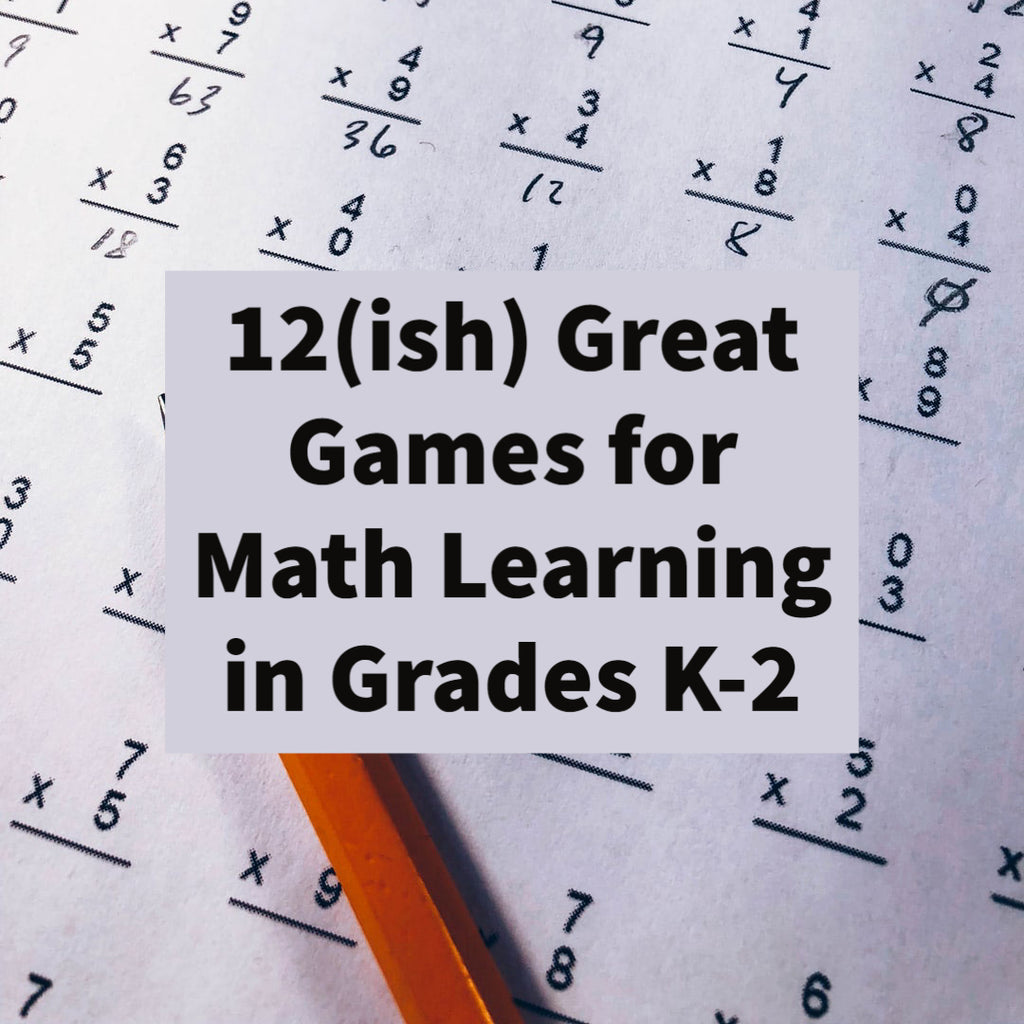
12(ish) Great Games for Math Learning in Grades K-2
Listen We love using games to reinforce learning skills! We went through our cabinets and lockers and pulled out some of our favorites for games that help kindergartners, first graders, and second graders with numeracy, addition, subtraction, and even money. So without further ado, here are a few of our...
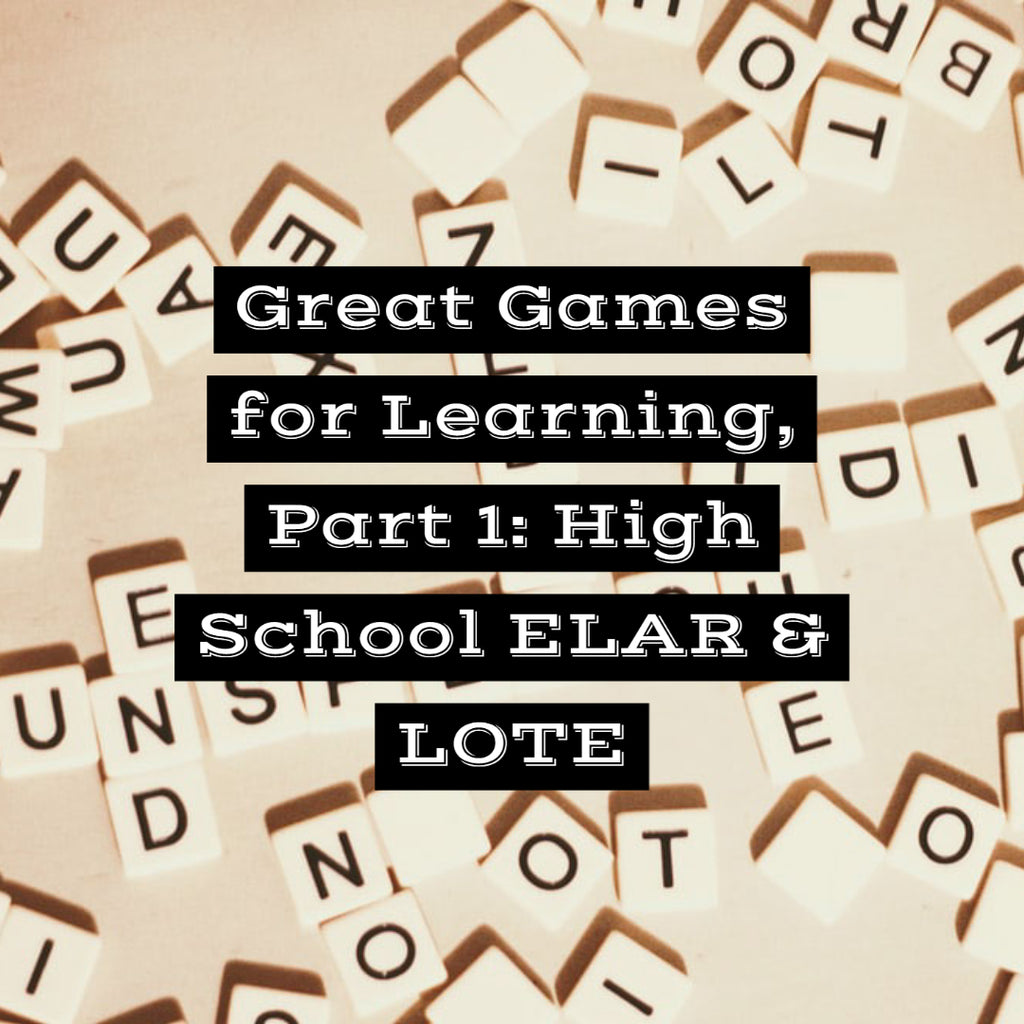
Great Games for Learning, Part 1: High School ELAR & LOTE
Listen Having fun is psychologically and neurologically beneficial to learning. When students and teachers play, the brain produces a concoction of “happy chemicals”, namely dopamine and endorphins. Oxygen levels even increase. When there is an opportunity for collaborative risk and reward, learning is far more likely. The novelty created by...
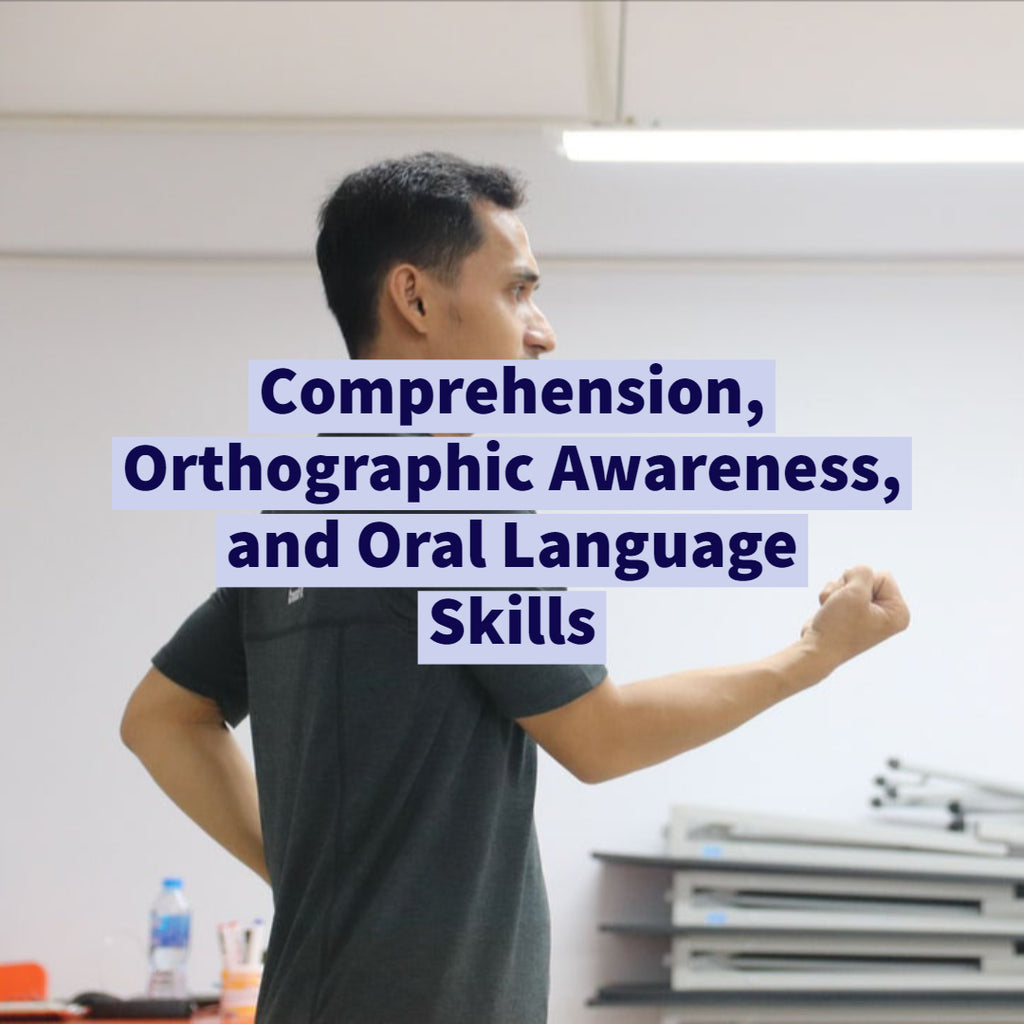
Comprehension, Orthographic Awareness, and Oral Language Skills
Listen Part Four of our Four-Part Series: Helping Students Improve Their Reading at Any Age Comprehension Comprehension is really what reading is about - understanding, relating to, and having the ability to share the information learned. Comprehension is the point of reading. There are many ways to build comprehension. In...
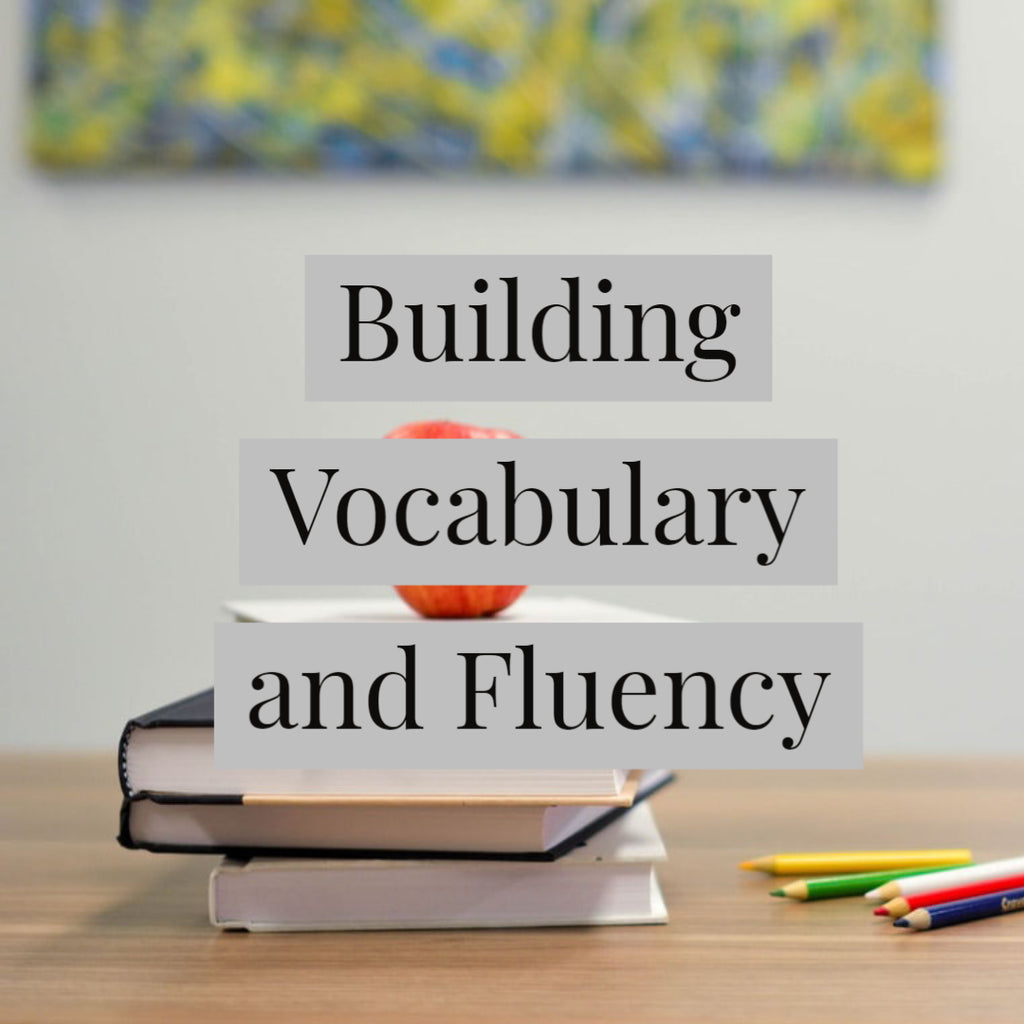
Building Vocabulary and Fluency
Listen Part Three of our Four-Part Series: Helping Students Improve Their Reading at Any Age Vocabulary Building vocabulary is one of the most commonly understood and utilized strategies in teaching, so we won’t spend an excessive amount of time one it. Everyone knows it’s important and many teachers have...
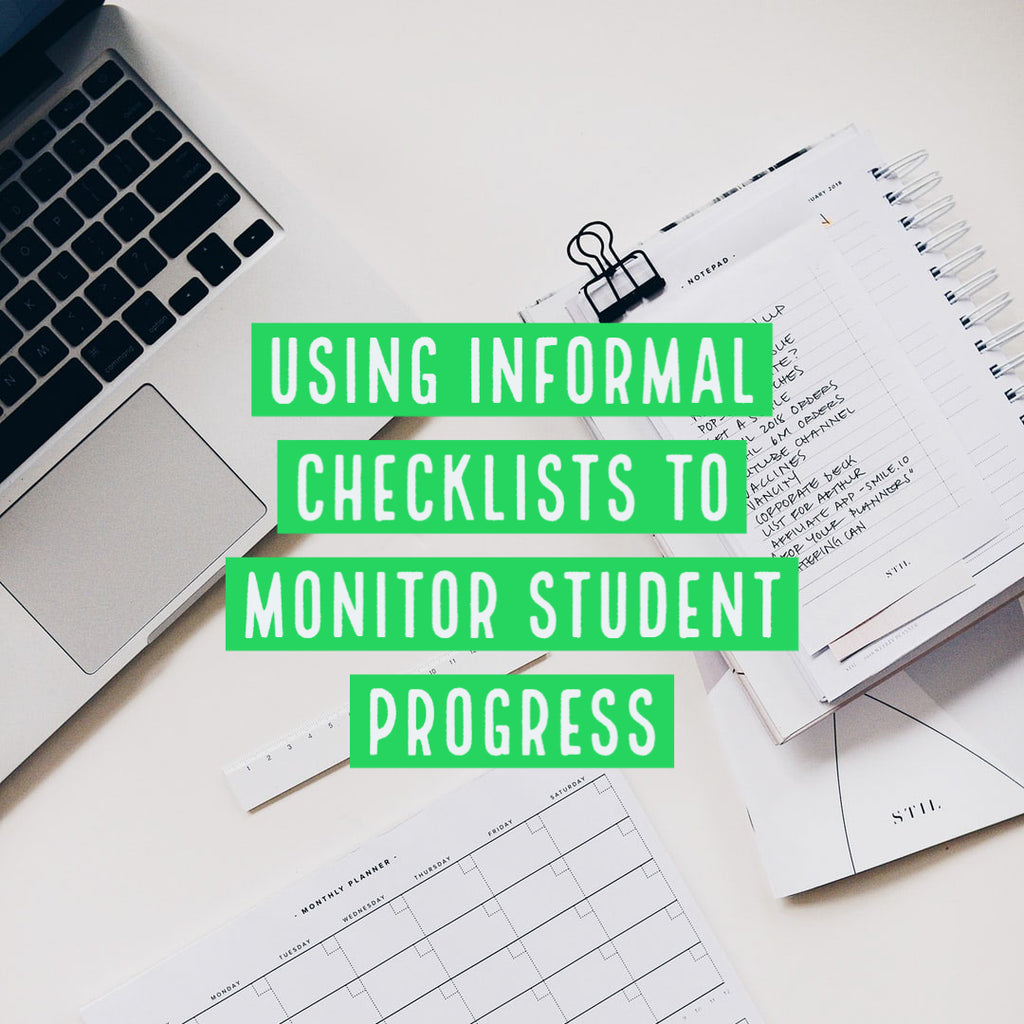
Using Informal Checklists to Monitor Student Progress
Listen Early Childhood educators are probably most likely to already be employing this strategy. They are responsible for teaching every standard in every subject to every child. They are then responsible for assessing whether that child shows progress, masters the concept, or does not show enough progress to move on...
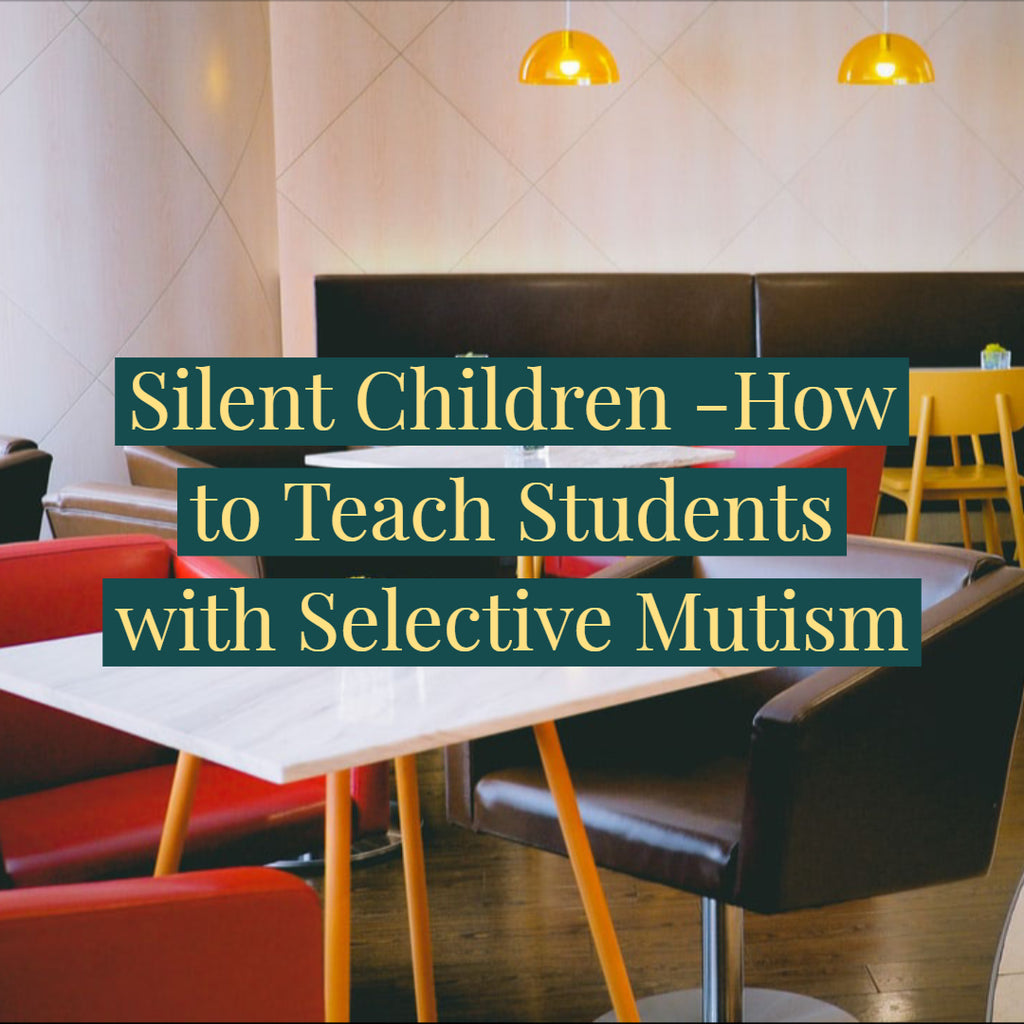
Silent Children -How to Teach Students with Selective Mutism
Listen What is Selective Mutism? Selective Mutism is an anxiety-related disorder, according to the DSM-5 (the Diagnostic and Statistical Manual of Mental Disorders, 5th Edition). Students with this disorder are only able to speak in “select” situations and environments where they are extremely comfortable and to “select” individuals. Selective...
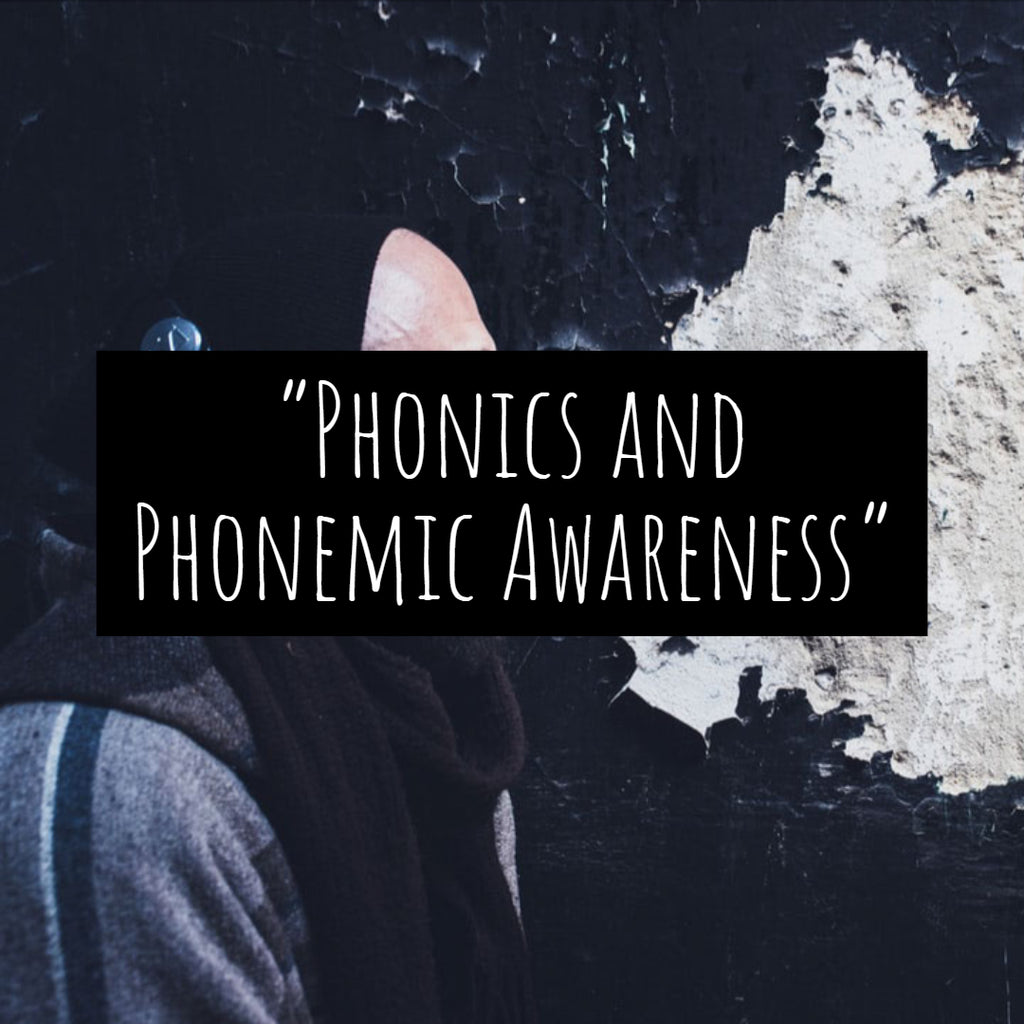
Phonics and Phonemic Awareness
Listen Part Two of our Four-Part Series: Helping Students Improve Their Reading at Any Age *A Note on Numbers We say there are “44ish” phonemes. The number varies due to differences in dialect or the way we speak. Some people count the harder, whispered /th/ sound in “thorn” and...
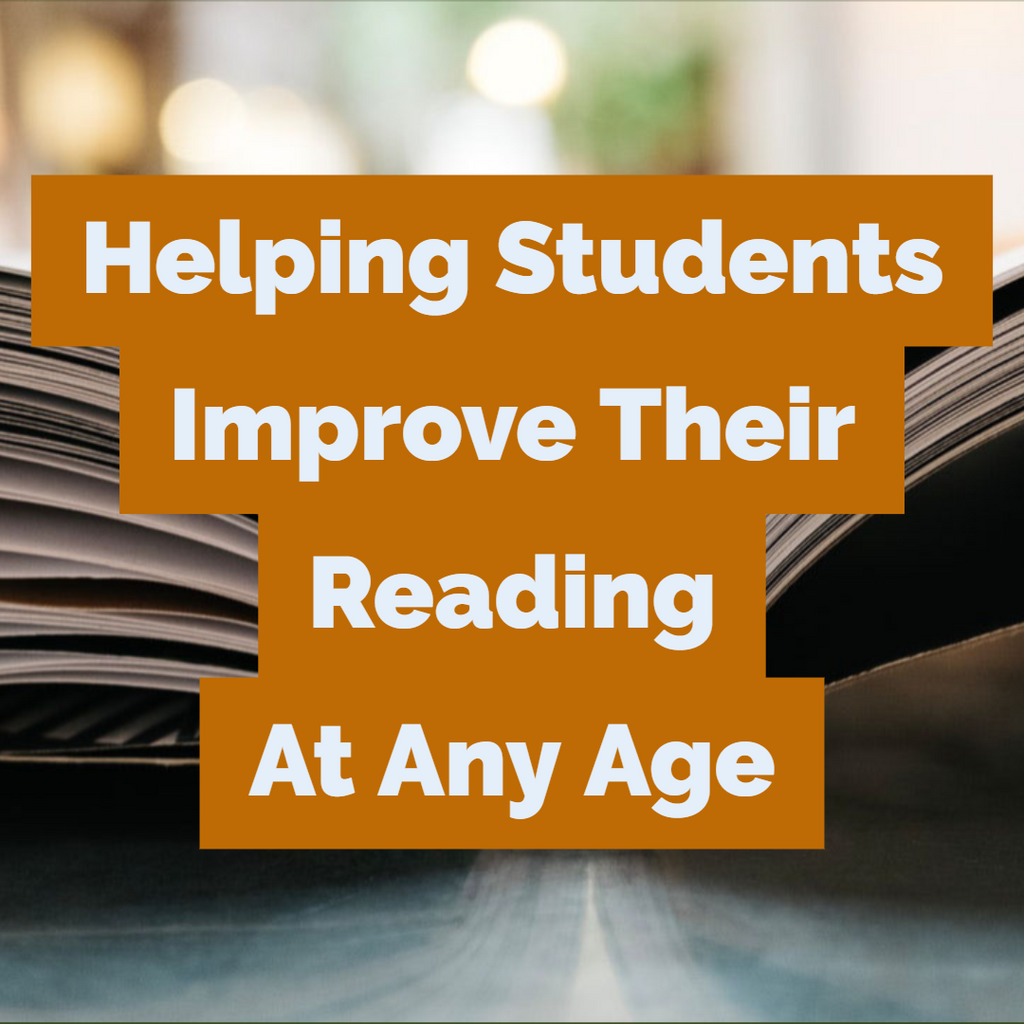
Helping Students Improve Their Reading at Any Age
Listen Read Part 1 of a 4-Part Series Reading is a fundamental skill for any age. If you read well, you can access and understand information on any subject, which can expand your opportunities for learning. Nevertheless, fewer of our students are reading well. In fact, 65% of our students...
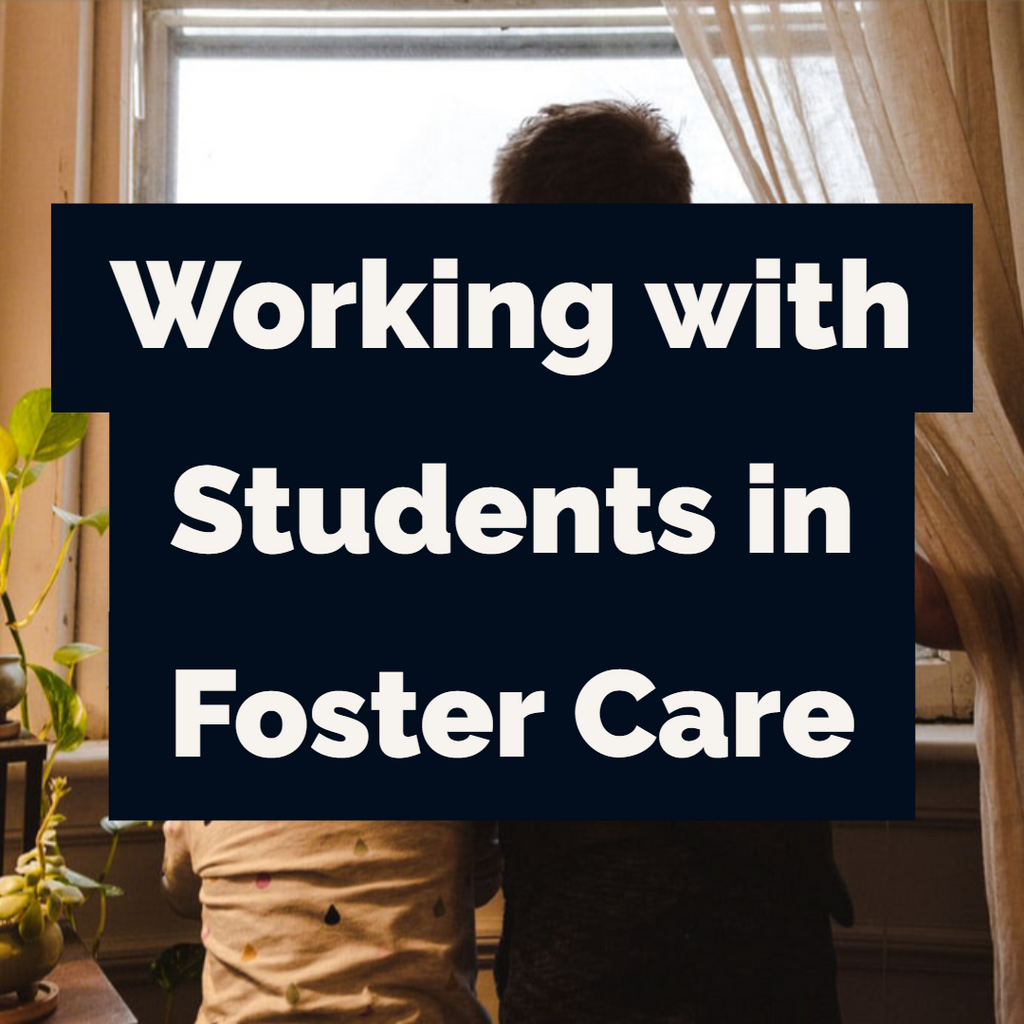
Working With Students in Foster Care
Listen Read Students in the foster care system in the United States may be one of the most misunderstood groups we educate. Educators new to working with fosters may many misconceptions about who foster kids are. Although there are regulations in some states that prohibit you from knowing which of...
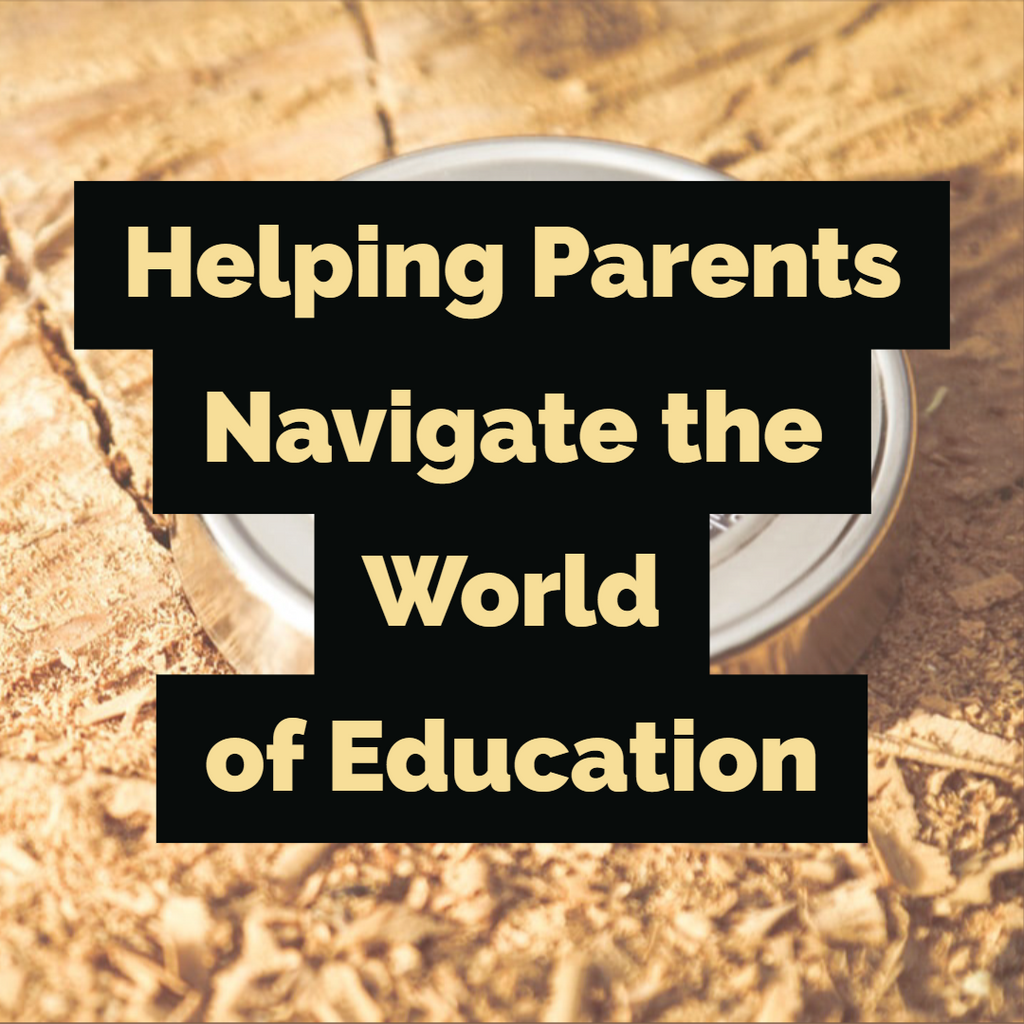
Helping Parents Navigate the World of Education
Listen Read Finish this statement: “The kids aren’t the problem. It’s the ______.” Did you say either adults or parents? Then you are not alone! Many teachers say the same. After years in the public school setting, one of our writers transitioned from teaching to being a stay-at-home parent, though,...
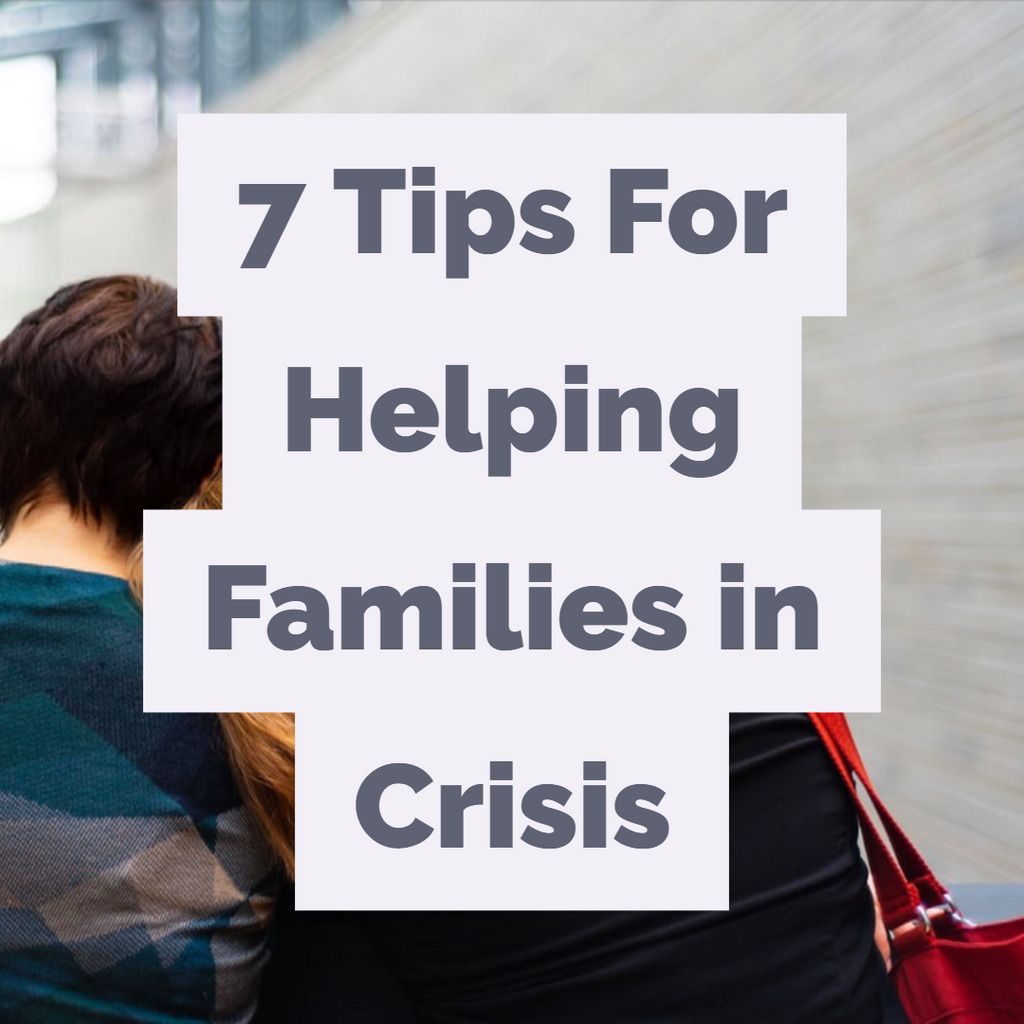
7 Tips For Helping Families in Crisis
Listen Read Everyone experiences a crisis at some point. No one is immune. Whether the person involved in crisis is a student, a staff member, or an administrator, the community is affected and may need to respond swiftly to provide meaningful intervention. Here are a few crises that may affect...
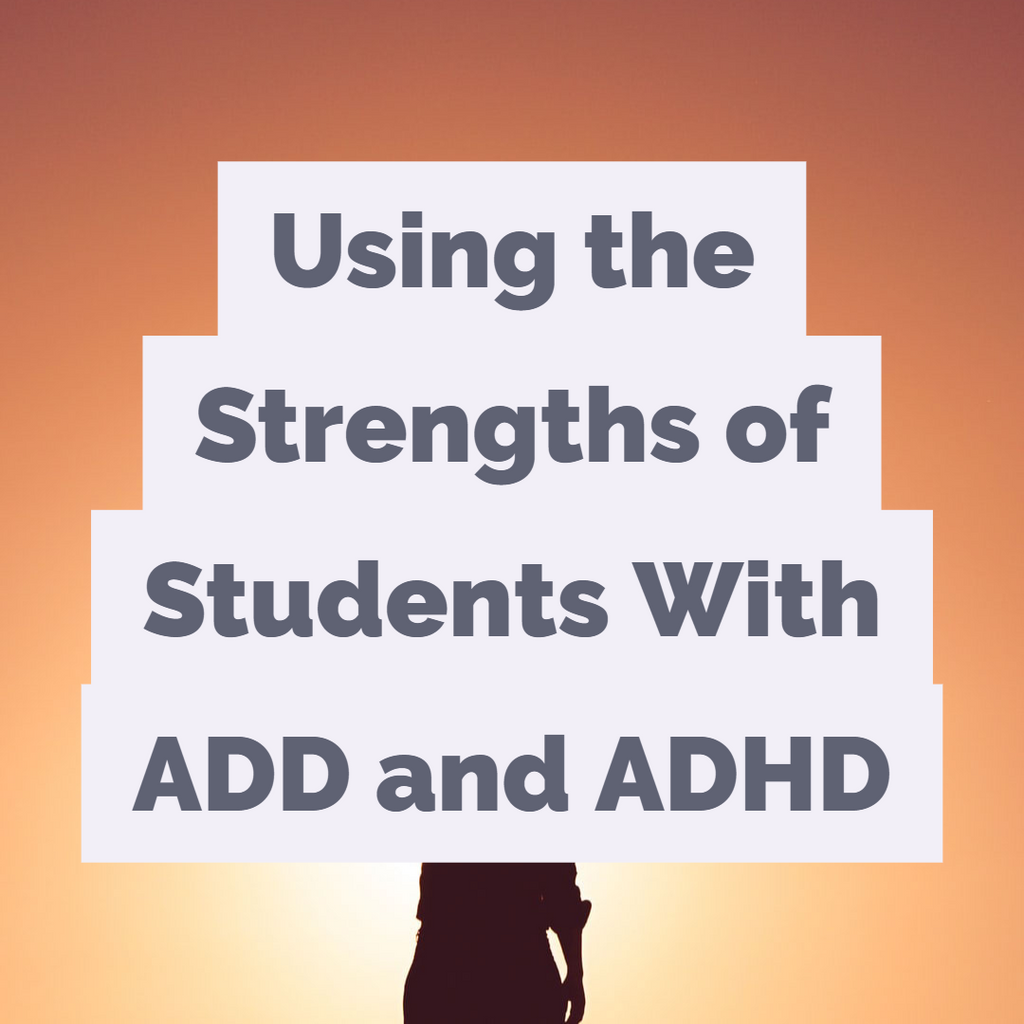
Using the Strengths of Students With ADD and ADHD
Listen Read We talk a lot about the problems associated with things like ADD and ADHD, but there are advantages that accompany any difference our students may face. Sometimes it’s hard to look beyond the challenges, but finding a way to focus on a student’s strengths will help them to...






